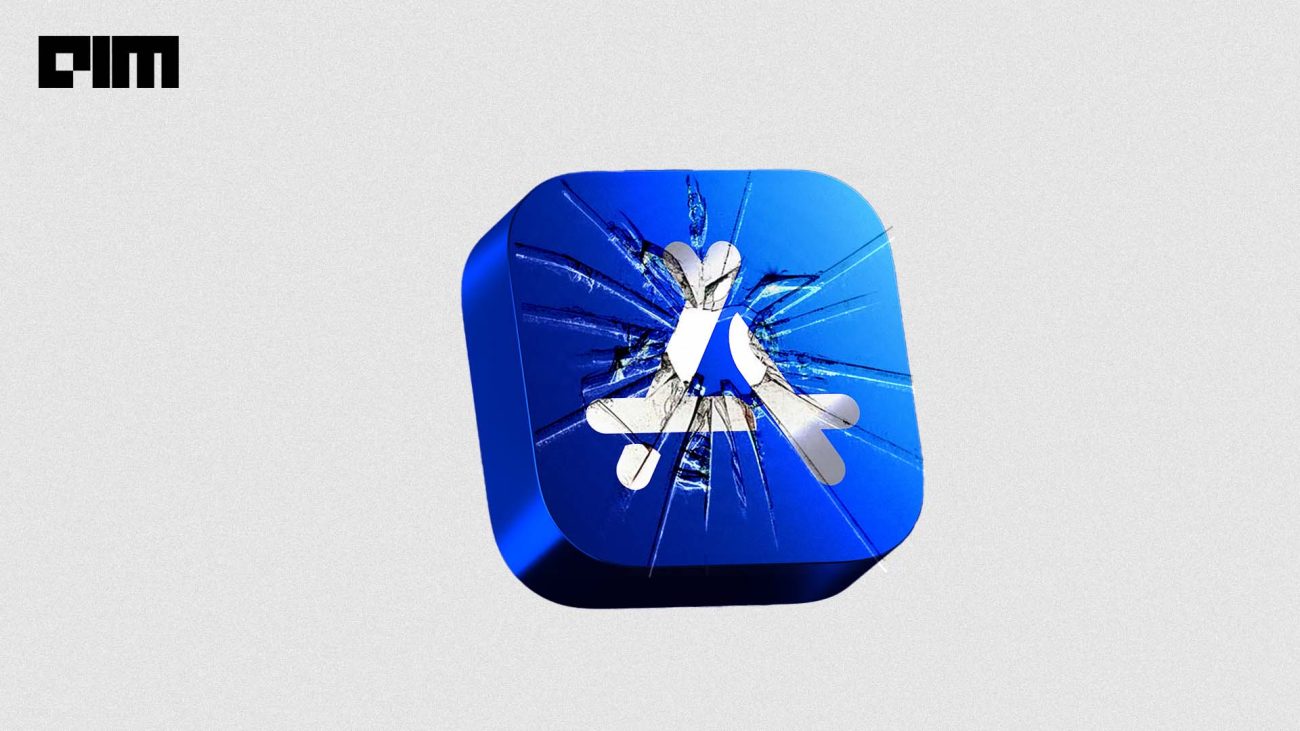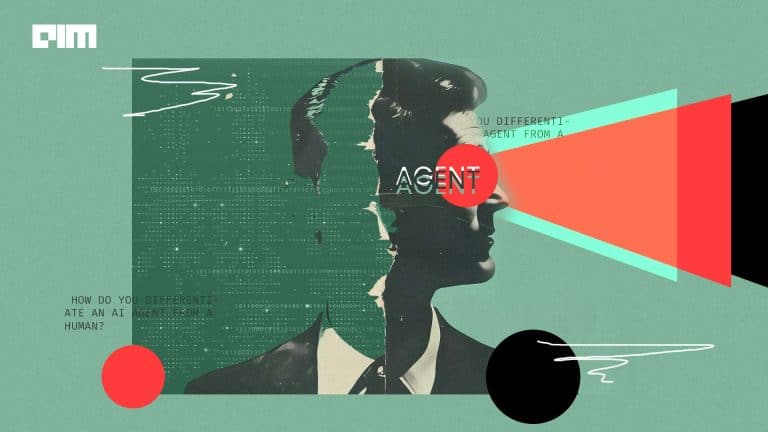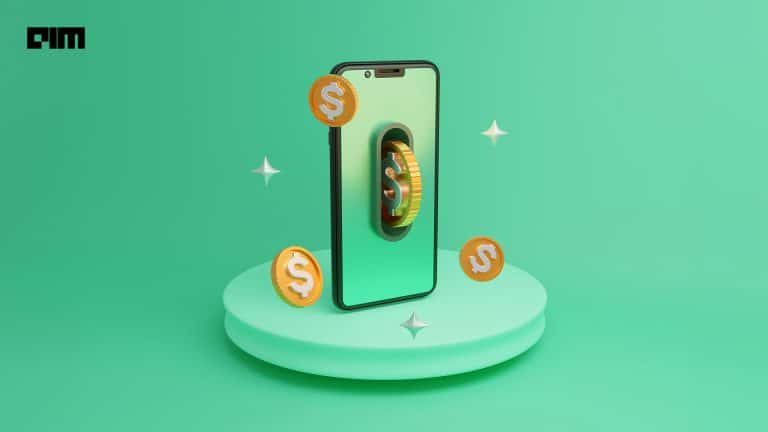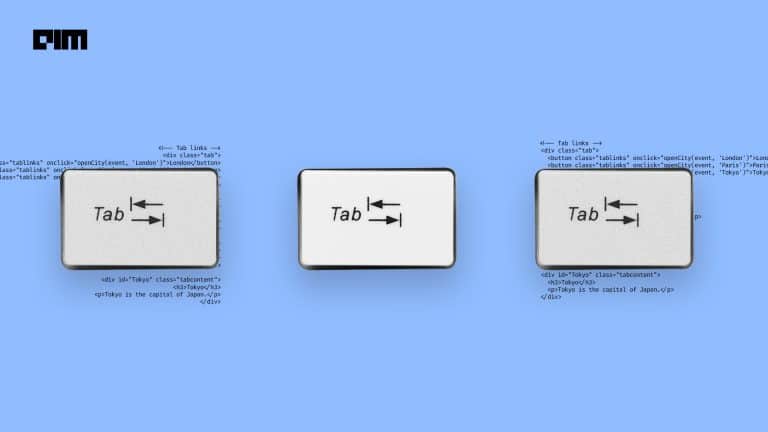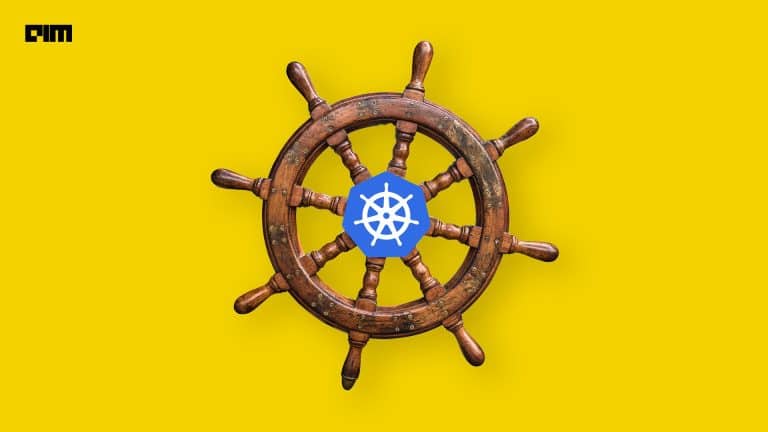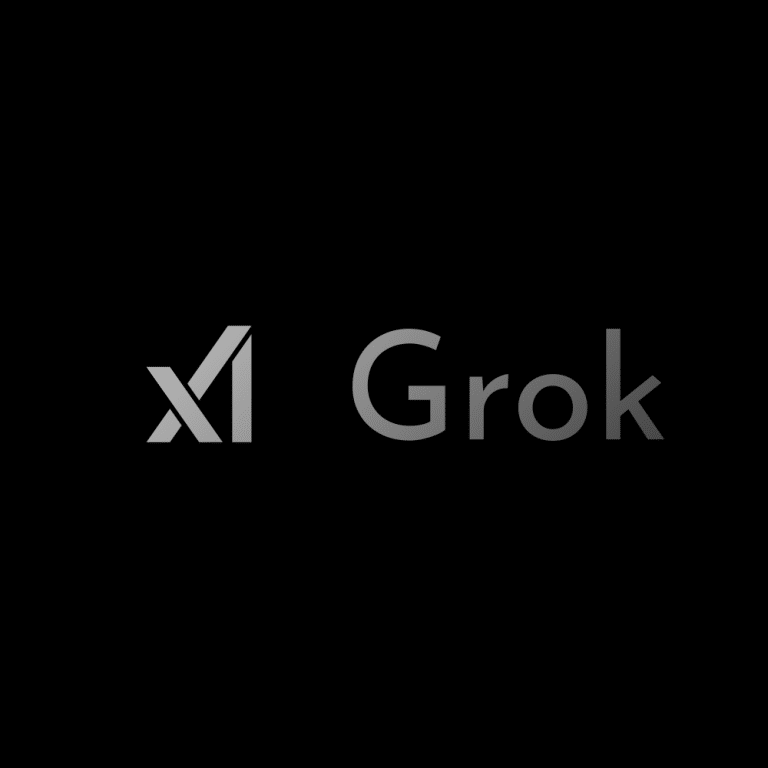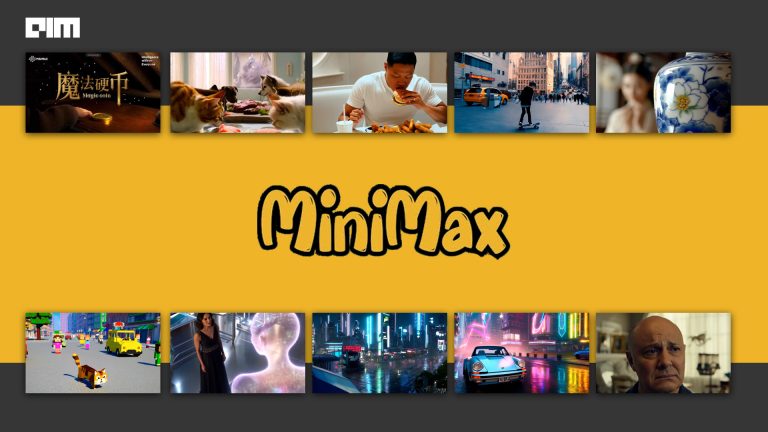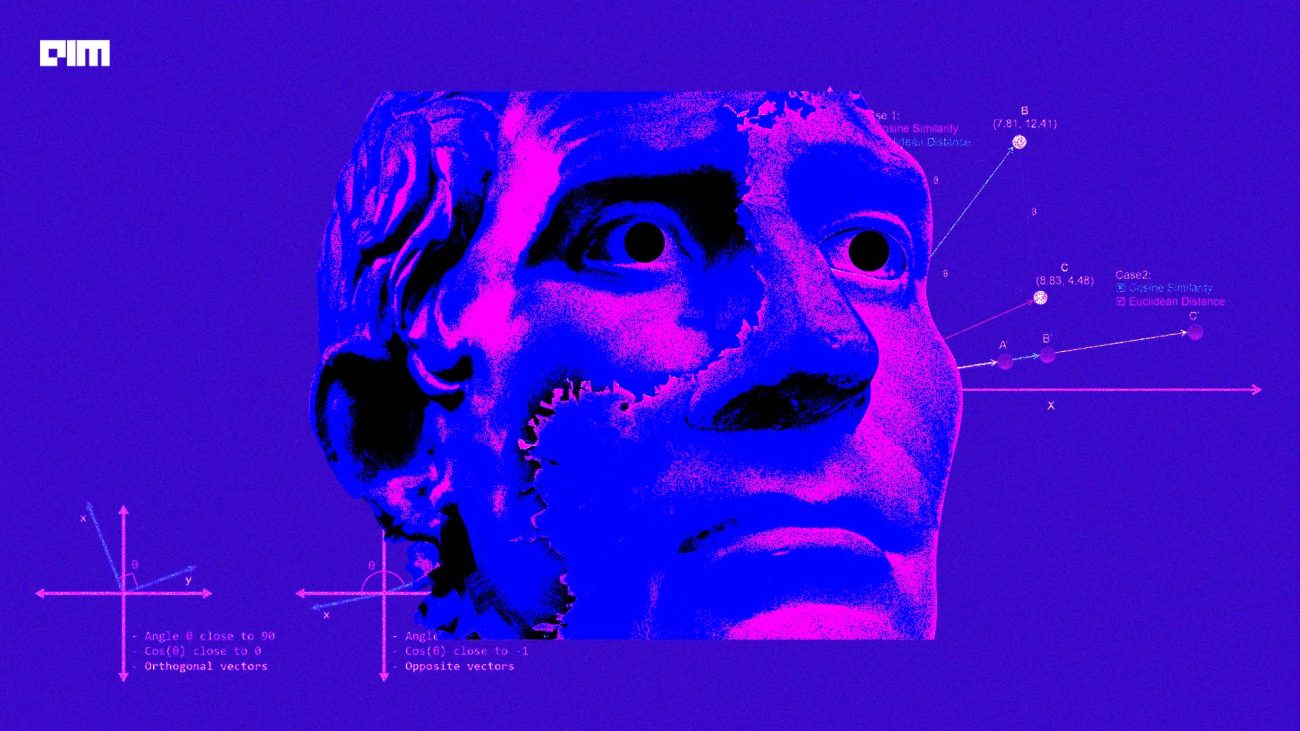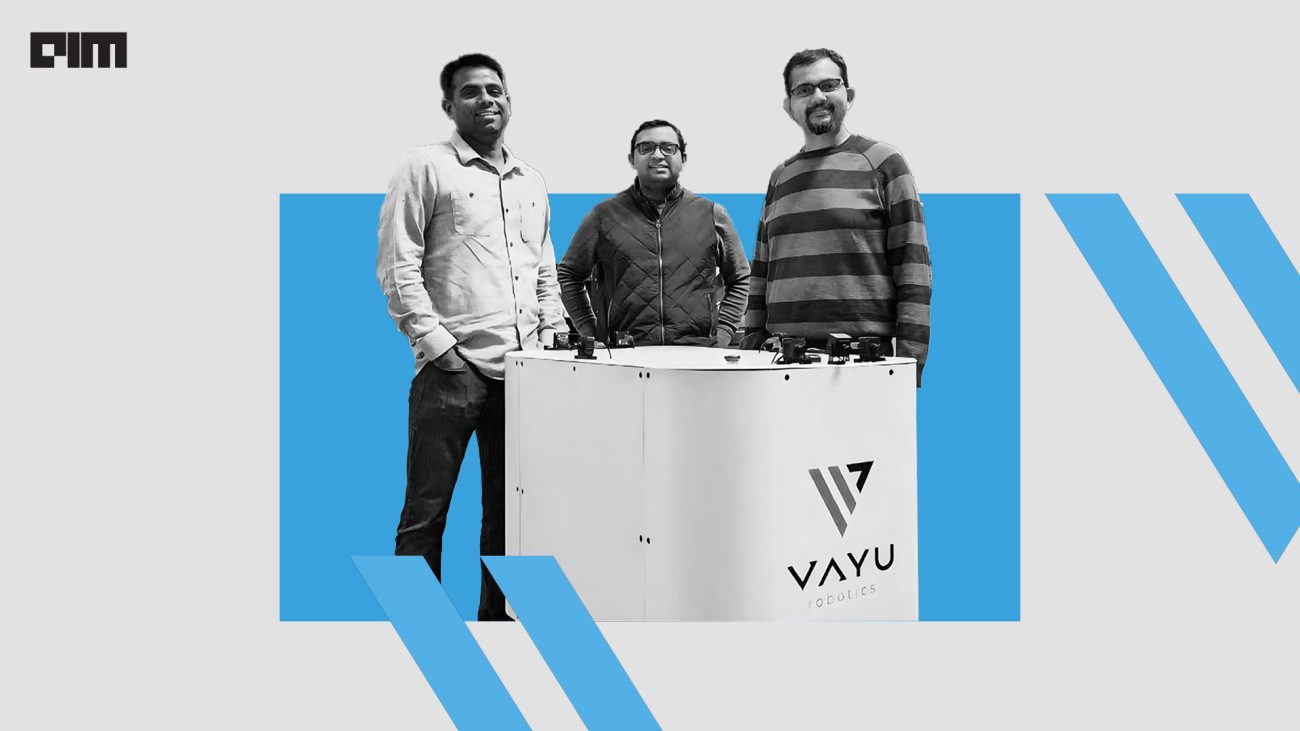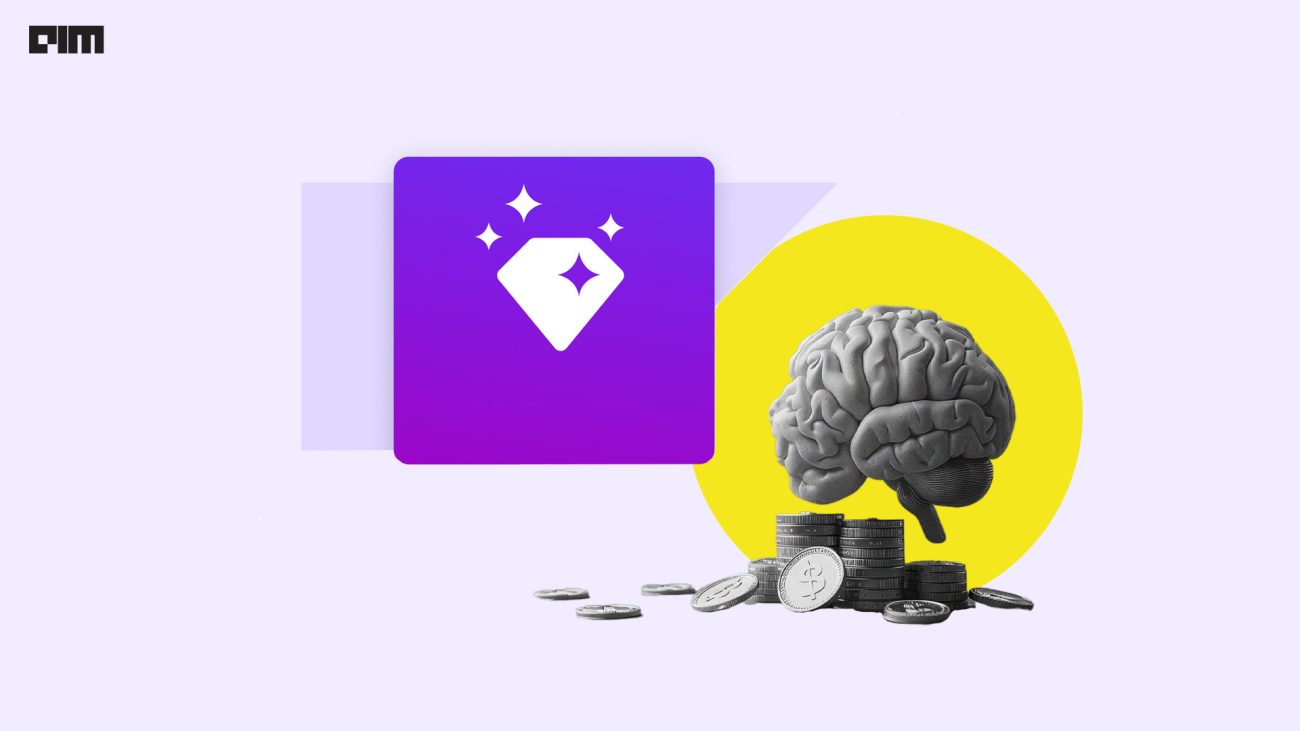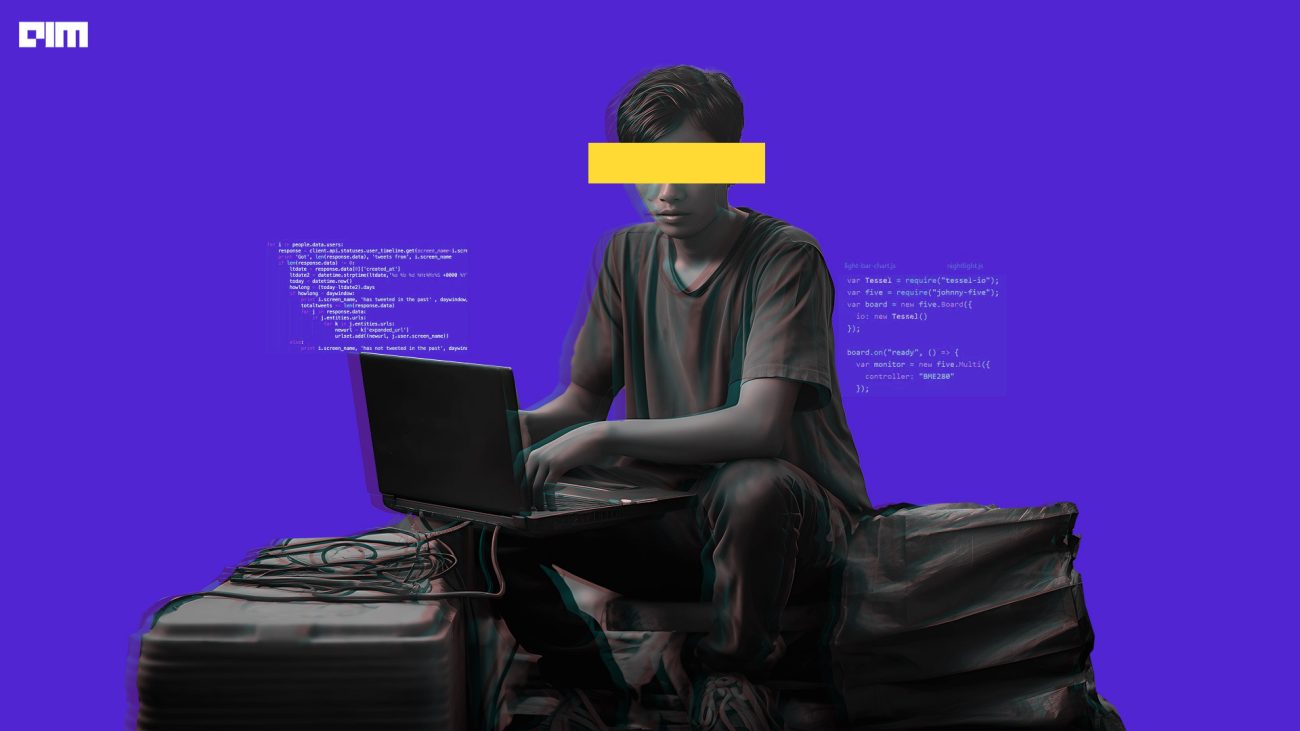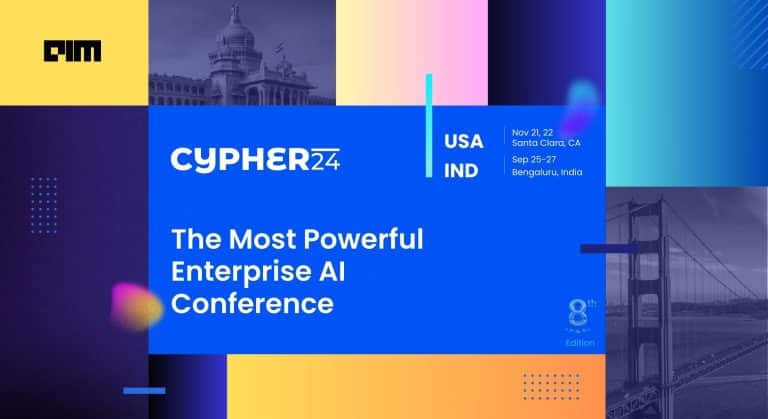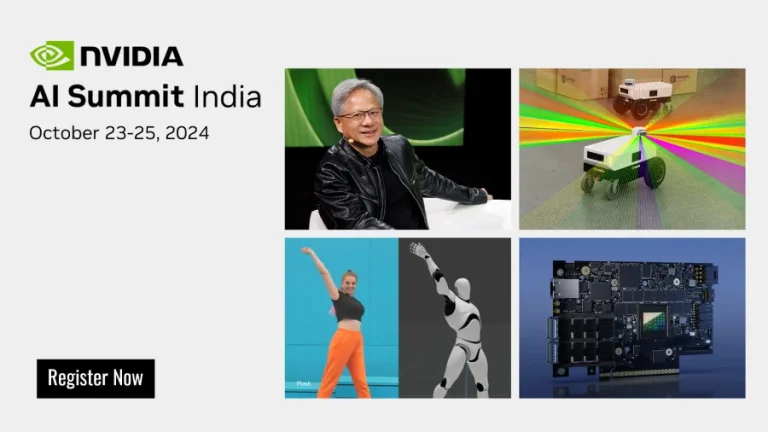|
Listen to this story
|
Anthropic recently made Claude Artifacts available to all users on iOS and Android, allowing anyone to easily create apps without writing a single line of code. AIM tried its hand at it and successfully created a Cricket Quiz game, Temple Run, and Flappy Bird, all with a single line of prompt in English.
Debarghya (Deedy) Das, principal at Menlo Ventures, used Artifacts to build a Splitwise-like app. “With Claude launching on iOS today, I can now generate the Splitwise app instead of paying for Pro,” he said.
“Claude Artifacts allows you to go from English to an entire app and share it!” he added, saying that his friend, a product manager who couldn’t code, now creates apps in minutes. “The cost of a lot of software is nearing ~$0.”
This brings us to question if this could be the end of App Stores. Groq’s Sunny Madra thinks this is the beginning of “The Build Your Own (BYO) era. Since Artifacts are shareable, anyone can use the apps you build, and they can be shared on any social media platform as a link.
Several users experimented with Claude Artifacts by building different apps.
“Claude 3.5’s artifacts, now shareable, can help teach. In class, startup financing can be hard to explain. Now I just asked, “Create an interactive simulation that visually explains payoff differences for a startup and VC with liquidation preference…” Ethan Mollick, associate professor at the Wharton School of the University of Pennsylvania, wrote on X.
Claude 3.5's artifacts, now shareable, can help teach.
— Ethan Mollick (@emollick) July 9, 2024
In class, startup financing can be hard to explain, now I just asked "create an interactive simulation that visually explains payoff differences for a startup and VC with liquidation preferences…" https://t.co/4dF1CZNVxu pic.twitter.com/riS2TyHRh7
Similarly, Allie K Miller, AI advisor and angel investor, used it to build a calendar and an AI quiz, which took less than two minutes!
The best part about Artifacts is that it is mobile-friendly and responsive. “Using Claude 3.5 Sonnet, you can generate artifacts (e.g., code snippets, text documents, or website designs) and iterate on them right within the same window,” exclaimed Elvis Saravia, the co-founder of DAIR.AI.
On-Demand Software
When using mobile phones, we often search for apps that can solve our specific needs. For example, if you’re into fitness, you might download an app that offers various workouts. However, the app may not provide the customisation you seek. Now, instead of relying on downloads, you can create your own personalised apps that cater specifically to your needs.
“On demand software is here,” said Joshua Kelly, chief technology officer, Flexpa, a healthcare tool company. Using Artifacts, he built a simple stretching time app for his runs in just 60 seconds.
Other than just giving prompts, users can now also share previously made websites or apps, and Claude can generate an exact replica.
“You can now take a photo of something you want to replicate, give it to AI, and it outputs the code with a preview right on your iPhone,” posted Linas Beliūnas, director of revenue at Zero Hash, on LinkedIn.
On the internet, one can find several apps built using Claude Artifacts, such as the Rubik’s Cube Simulator, Self-Playing Snake Game, Reddit Thread Analyzer, Drum Pad, and Daily Calorie Expenditure.
Rubik's Cube Simulator
— Deedy (@deedydas) August 15, 2024
Mix and and solve a Rubik's cube by clicking on the formal notations of the possible rotations.https://t.co/iesbAmAJBw
3/12 pic.twitter.com/DsMAU6ocmL
Apart from building apps, Artifacts has the potential to greatly impact education. “Any piece of content— whether it’s a screenshot, PDF, presentation, or something else—can now be turned into an interactive learning game,” said AI influencer Rowan Cheung.
The End of No-Code Platforms?
Claude Artifacts is going to be a big threat to no-code and low-code app builder platforms such as AppMySite, Builder.ai, Flutter, and React Native.
“Claude Artifacts are insane — I cannot believe how good the product is. You can ask it to build most little internal tools in minutes (at least, the UI) and customize further via code. Feels like a superpower for semi-technical people,” posted a user on X.
Moreover, Claude, when put together with Cursor AI, has simplified the process of making apps. “So I’m building this box office app in React Native and I thought I’d try Cursor with Claude 3.5 and see how far I’d get. The backend is django/psql that’s already in place,” said another user on X. “Starting from scratch, I have authenticated with my server to log in users, issue tickets, register tickets, scan ticket QR codes, and send email/sms confirmations,” he added.
Claude is set to rapidly democratise app development, potentially eliminating the need for an App Store. It will enable anyone to build apps based on their specific needs, complete with personalised UI and UX.
Moreover, building an app for the iOS App Store is challenging. Apple charges a standard 30% commission on app sales and in-app purchases, including both paid app downloads and digital goods sold within the apps.
The company enforces rigorous guidelines that apps must adhere to, covering aspects such as user interface design, functionality, and privacy. Many apps are rejected for minor violations, and these guidelines are frequently updated, requiring developers to stay informed and adapt quickly.
However, for now, Claude allows anyone to build anything without any charges and lets users experiment to see if something is working or not. Even if someone wants to publish an app built using Claude on the iOS App Store, that is definitely an option.
Interestingly, Apple recently announced that, for the first time, it will allow third-party app stores on iOS devices in the EU. This change enables users to download apps from sources other than Apple’s official App Store, providing more options for app distribution and potentially reducing costs for developers.
Better than ChatGPT
OpenAI previously introduced ChatGPT plugins, enabling users to create custom GPTs for their specific tasks. However, these plugins do not compare to Artifacts, which allows users to visualise their creations.
While the Plugins Store was billed as an ‘iOS App Store moment’, it failed to meet the expectations and ended up being a hot mess.
Moreover, during DevDay 2023, OpenAI chief Sam Altman launched a revenue-sharing programme which was introduced to compensate the creators of custom GPTs based on user engagement with their models.
However, many details about the revenue-sharing mechanism remain unclear, including the specific criteria for payments and how the engagement would be measured.
“It was supposed to be announced sometime in Q1 2024, but now it’s the end of March, and there are still few details about it,” posted a user on the OpenAI Developer Forum in March. There have been no updates on the matter from OpenAI since then.



